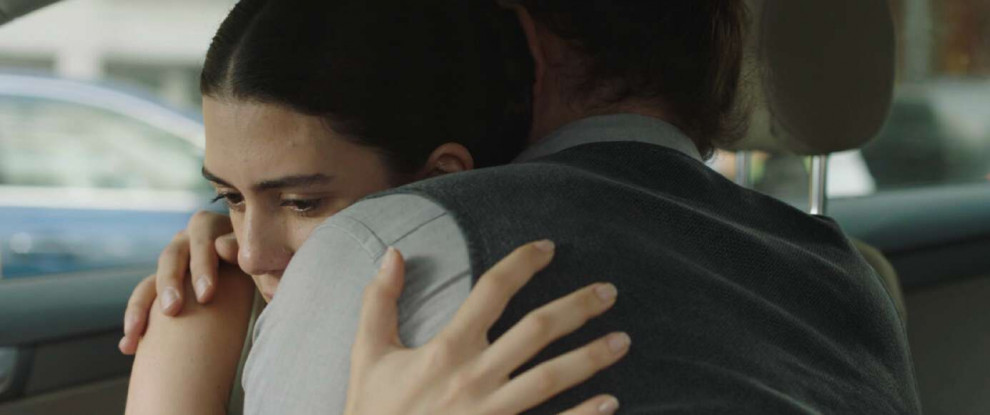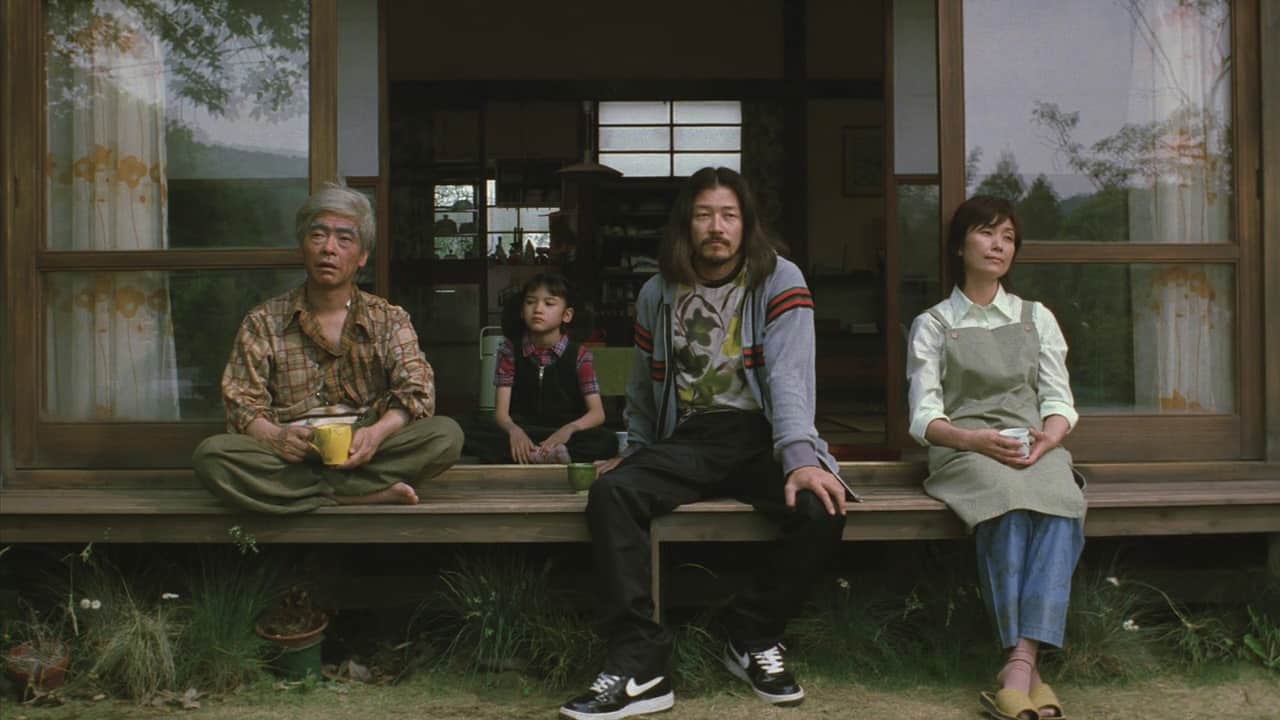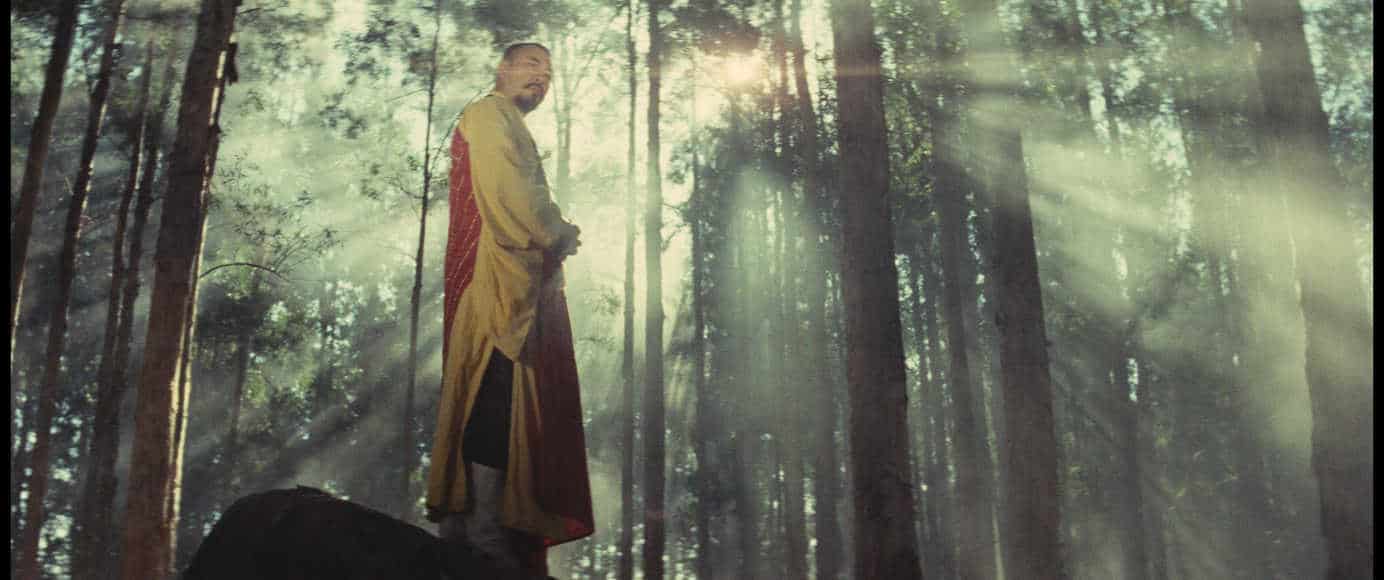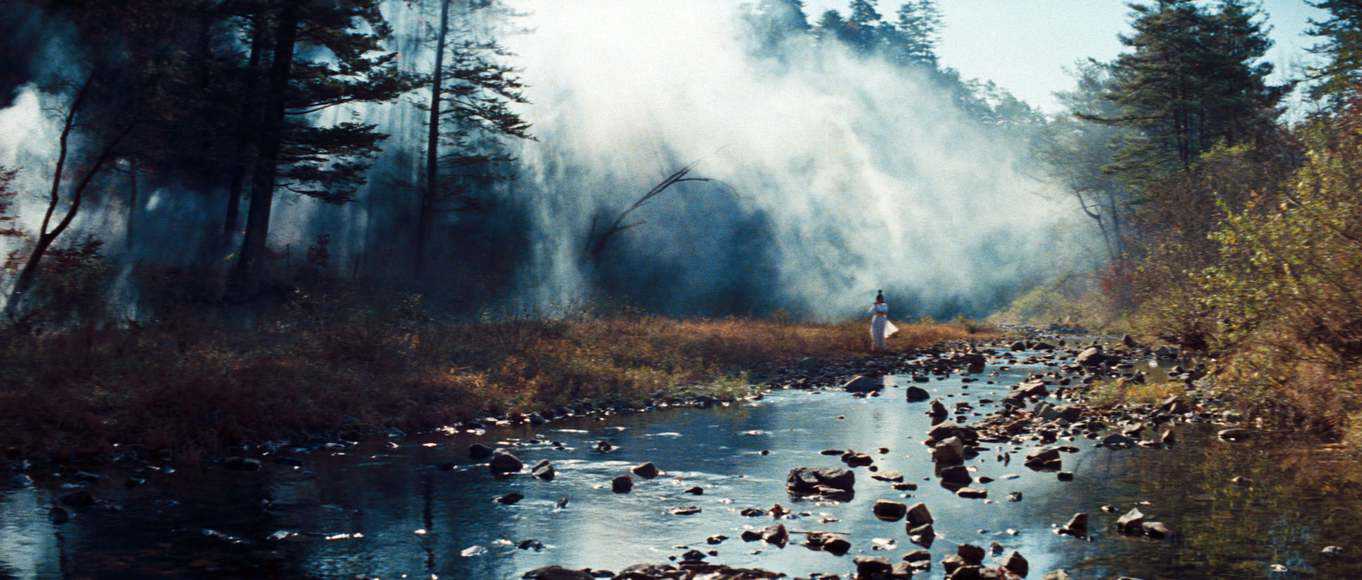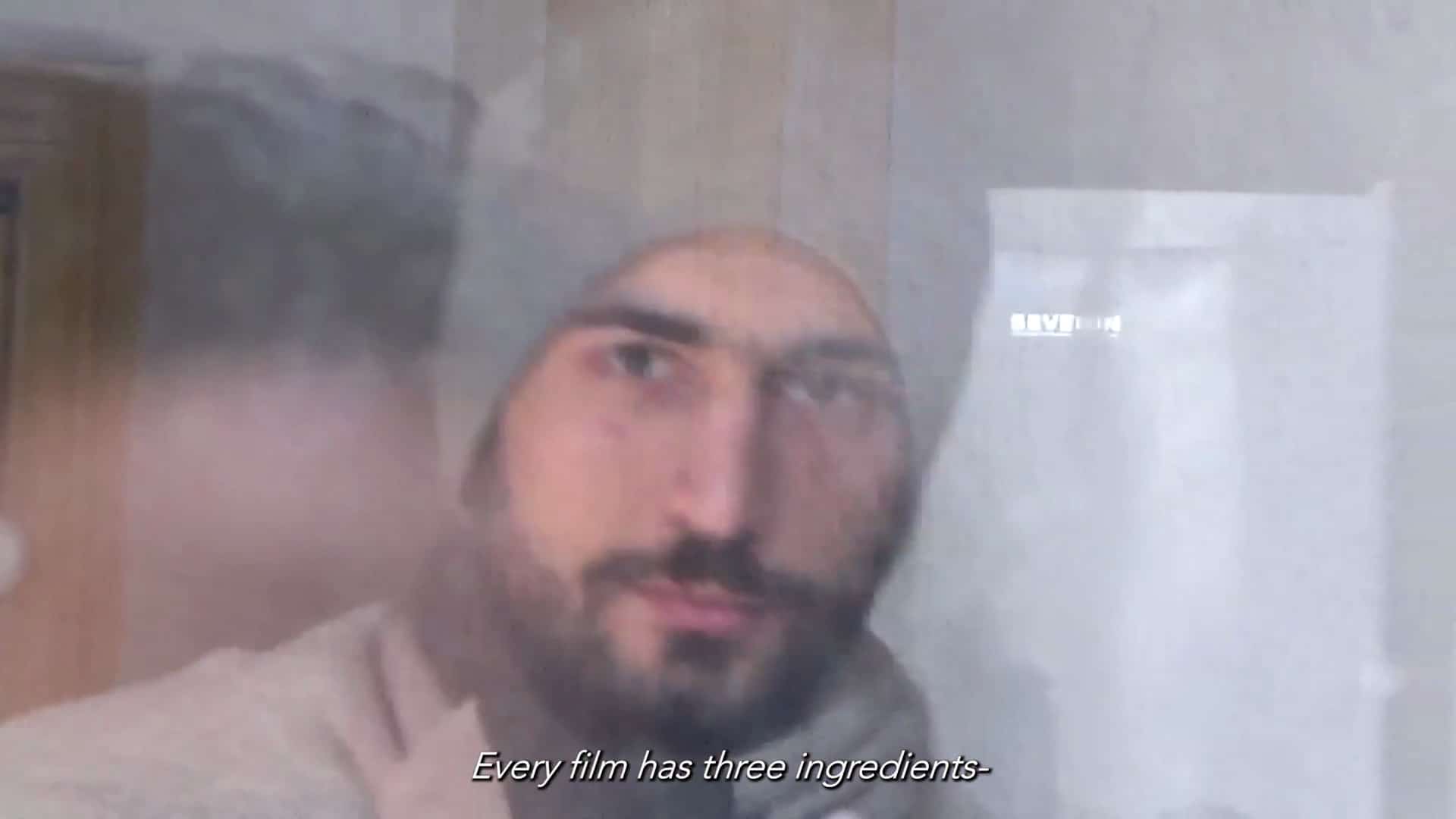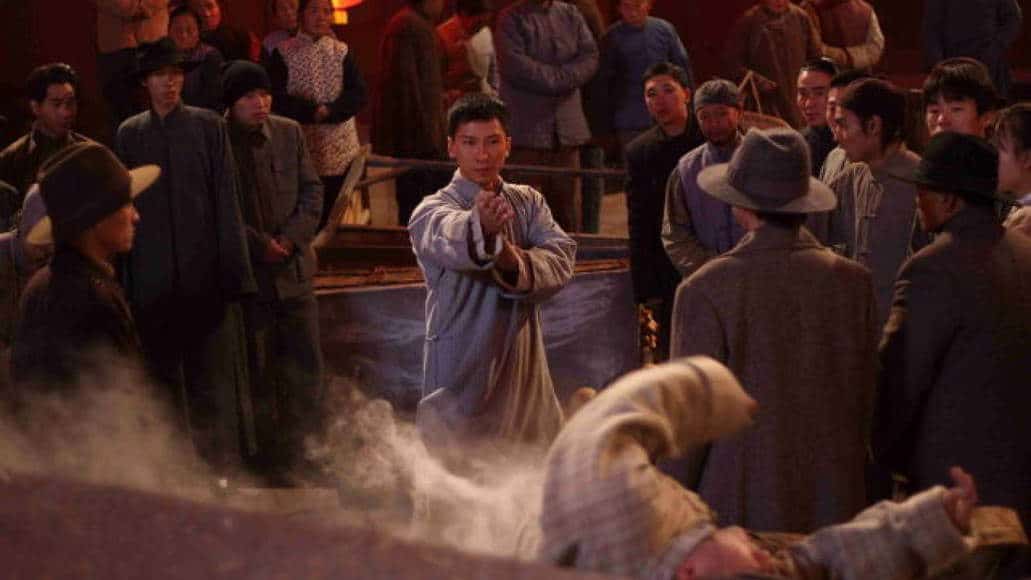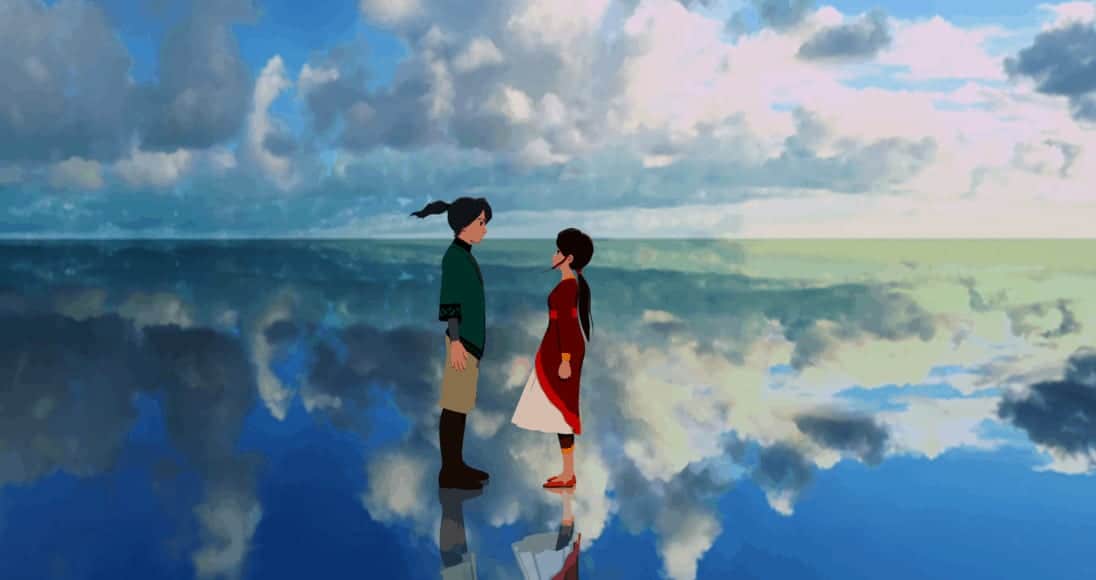Turkish writer-director Ali Aydın had a promising start: he impressed audiences with his 2012 debut feature “Küf” (“Mold”) presented during the 69th Venice Film Festival, where he got Lion of The Future Award. Since then, he has kept people waiting but finally he comes back with his second feature movie. “Chronology,” launched internationally in Busan, is now screening at the Warsaw International Film Festival. Was the wait worth it?
“Chronology” is screening at the 35. Warsaw Film Festival

His previous work, “Küf,” was an intimate yet tense drama with minimalistic story-telling and contemplative pace that offered insight into character's soul, combined with a sharp socio-political critique. It had a bit of Ceylanesque touch, but at one point, it turned more toward Hitchcock. With “Chronology” (“Kronoloji”), the director leaves Anatolian province from his previous film for an urban setting and immolates profound slowness to favour brisker techniques of genre cinema. However, his understanding of the “thriller” has more in common with Farhadi's existential anxieties than with thrills of generic entertainers. Unsurprisingly, more than in narrating a story full of twists and turns, Aydın is interested in a deepened character study and dynamics of a relationship.

Hakan (Birkan Sokullu) and Nihal (Cemre Ebuzziya) are a married couple, well-off and living in a spacious studio overlooking the sea. In the first scene, we see Nihal in a doctor's examination room. Her face is turned away from him, while the doctor is in the back, out of focus. She seems alone and distressed and we don't know the nature of the medical procedure. We learn it along Hakan, when Nihal tells him she can't have children. Soon after, the woman disappears without a notice. When Hakan last saw her, Nihal, unaware of being observed, was enjoying the company of a middle-aged man (Tansu Biçer). Hakan had never met him before, and finding the truth about Nihal's fate as well as her acquaintance with the stranger becomes his obsession.
Similarly as in “Küf”, the protagonist is fighting his private demons. While searching for his missing wife, Hakan confronts both anger and grief, discovering the bitter truths about himself and his marriage. It is easy to emotionally connect with him and understand his torment, as he is a common man suddenly struck with a tragedy. The director is able to deal with all those difficult emotions in a way that isn't overly dramatic, choosing the camera angles and length of the shots to relate an atmosphere of uneasiness and tension. He doesn't fill all the gaps, leaving plenty for viewer's wit. But it is easy to be misled and fall into a trap of your own interpretations.

Through this story of a troubled couple, Aydın investigates the society and humanity, breaking the facades and making an impressive study of hypocrisy. Even the film's structure reflects that hypocrisy. Unexpectedly, the movie breaks into two parts, and the latter enforces us to question what we have seen before. Both parts differ in style (dynamic vs static shots, viewer's vs character's perspective) and intertwine to close the tale with a provoking conclusion.
”Chronology” loses its intensity at times and would benefit from some editing cuts, but strong performances and well-executed concept make it a very engaging psychological thriller spiced up with some bitter reflections on women's fate regardless of their social background.


